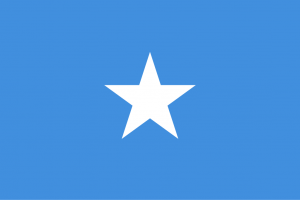
Mali, located in West Africa, is a country known for its rich history, ancient empires, and vibrant culture. From the famous Timbuktu to the vast Sahara Desert, Mali is a land that has witnessed the rise of great civilizations and continues to celebrate its deep cultural heritage.
Mali is a country steeped in history and culture, from the grandeur of the Mali Empire to the rich traditions of its people. Whether you’re exploring ancient cities like Timbuktu, relaxing by the Niger River, or enjoying the traditional music and dances, Mali offers an immersive cultural experience for those who seek to explore its treasures.

